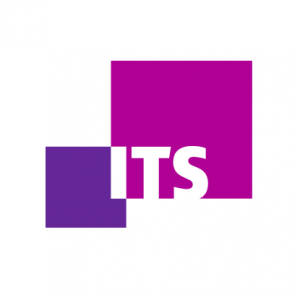Artificial Intelligence and the Judiciary
Ronaldo Lemos’ weekly column in the Folha de São Paulo newspaper
published in
16 de June de 2020
categories
theme
In May 2020, during the pandemic, the most comprehensive Brazilian study ever on usage of Artificial Intelligence in the Judiciary was published.
The study (in English) was conducted by an international group of researchers associated with the Columbia School of International and Public Affairs (Sipa), under the supervision of Professor André Corrêa D’Alemida.
Entitled “The Future of AI in the Brazilian Judicial System”, the study covers current AI projects in the Brazilian Judiciary and includes recommendations (even on ethics) for their continuity.
The study should become a reference for the National Council of Justice, the Federal Supreme Court, and other Brazilian institutions of power when considering the complex relations between AI tools and public authorities.
The research also reminds us that the Brazilian Judiciary is the cradle of many successful technological developments in the country. One of them is the Electronic Judicial Process (PJe), a system that allows Justice operators and users to undertake legal actions digitally.
PJe currently operates in 70% of Brazil’s Judiciary administration and is the result of many years of effort.
If Brazilian public administration as a whole was closer to the standards of PJe, our public services would be on a similar level to Estonia’s, a global leader in digital public services.
With PJe, legal action can be undertaken digitally, including the delivery of documents, with no need to go in-person to the Judiciary. Everything without any paper. This creates a significant database, which allows for better management and innovation in the public and private sectors. The Brazilian Judiciary can only consider Artificial Intelligence as feasible because it already created the PJe system.
One of the issues with PJe however, is that it relies on a Digital Certificate, which shamefully requires a fee. It is required to “certify” the identity of users on a yearly charge of R$250. Other forms of identification, which are more efficient, affordable, safe, and inclusive are already available today.
Another highlight in the application of Artificial Intelligence in the Judiciary is that it’s decentralized. For example, the Sinapses system was developed by the Justice Court of Rondônia (TJ-RO). In 2017, worried with delays on legal decisions, TJ-RO began to create a model for Artificial Intelligence applications on its own.
The model wasn’t just a success, it also created solid results. In 2018, Sinapses was adopted nationwide by the National Council of Justice and is currently a reference on AI development in the Judiciary.
This story deserves to be known. It shows innovation that works in Brazil and pioneering that starts away from the usual “major centers” of the country.
These successful applications by the judiciary demonstrate that it’s possible to digitize all public services, even those on a federal, administrative level. Focus, planning, open-mindedness, and decentralized collaboration help achieve this.
More than that, it’s necessary to reflect on good governance. Digitalization never is just a technical innovation. It’s an innovation in administration and human resources. It is, above all, an ethical innovation, of commitment to the public interest.
Reader
It’s gone: TVs that only transmit regular TV channels
Now in: TVs that include streaming services right from the box
Coming up: TVs connected with e-sports channels right from the box

